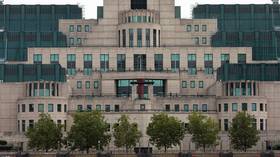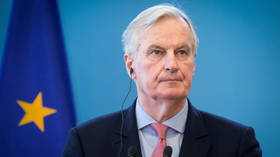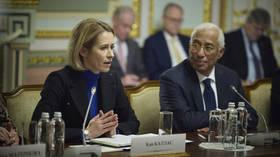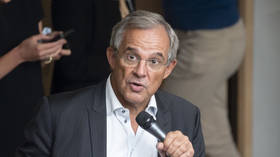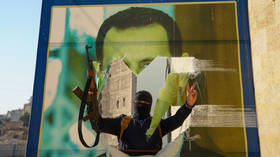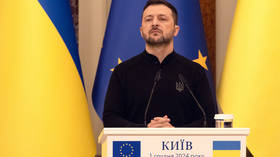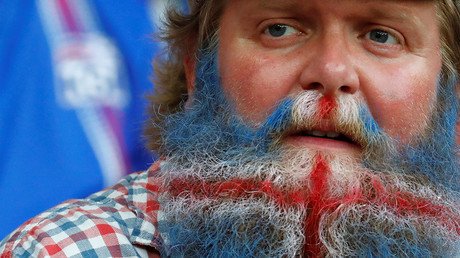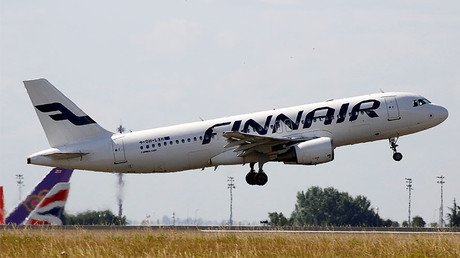Kazakhstan to forgive debts of the poor, end bank bailouts
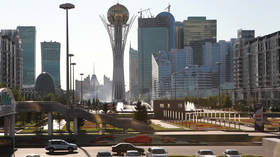
In a first major policy announcement, the newly elected president of Kazakhstan Kassym-Jomart Tokayev said he will write off bad loans held by as much as a sixth of the country’s population.
As part of the debt forgiveness program he aims to end costly state rescues of private banks. The 66-year-old was elected president on June 9 after longtime leader Nursultan Nazarbayev stepped down as head of state in March.
The Central Asian country has been struggling with a decade-long crisis which forced the government to pump at least $18 billion into lenders as the banking sector was collapsing under the weight of bad debts. Kazakhstan’s central bank is conducting a review of asset quality which prompted speculation that a new round of bailouts could be in the works.
Also on rt.com Nearly half of Americans will retire broke“My attitude is that there should be no governmental bailouts” for lenders, Tokayev told Bloomberg in an interview. “My assessment of this issue as a president is that the government should not get involved any more, any longer, with its loans as far as private banks are concerned.”
He noted that while the debt-relief initiative could help lenders, the total cost was likely to come in at “a bit less than $1 billion.”
According to the Kazakh president, more than three million people in the country of 18 million will get help to get rid of debts. It is aimed at “people who find themselves in very difficult living circumstances,” said Tokayev.
Also on rt.com IMF wants Germans to retire later, save less & spend moreThe presidential administration estimated that about 500,000 people are not able to manage their debt. In 86 percent of cases, the loans are less than 1 million tenge ($2,650), while the average debt is about 300,000 ($788) tenge.
Talking about past bailouts Tokayev dismissed any political connections, saying “the lesson has been accepted by us.”
“We will take lessons from the past, from what has happened in the banking system, and I think that in a couple of years you’ll have absolutely new questions,” he added.
For more stories on economy & finance visit RT's business section



